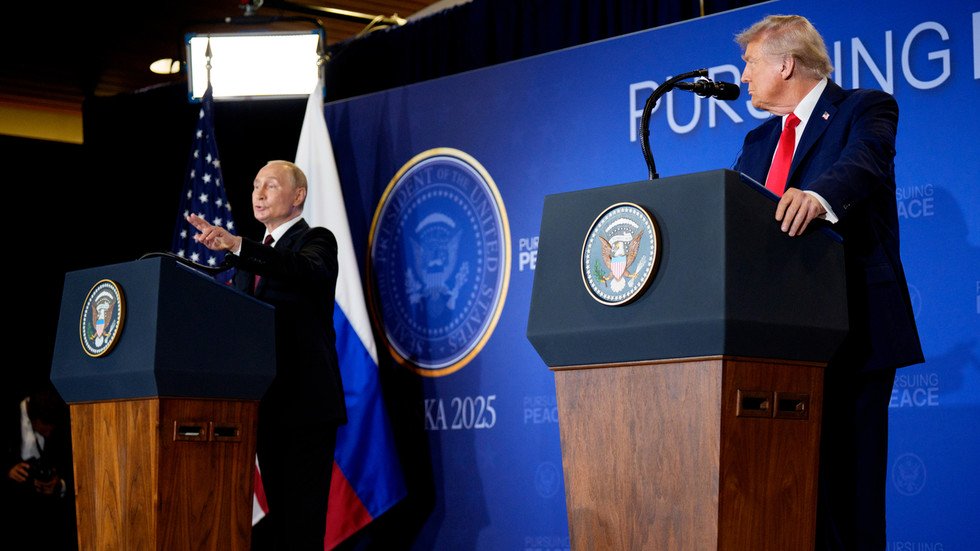Vice President Kashim Shettima has returned to Abuja after leading Nigeria’s delegation to the United Nations Climate Change Conference, also known as COP30, in Belém, Brazil. During the conference, Shettima reaffirmed Nigeria’s commitment to addressing global climate change and transitioning to a green economy.
At the Leaders’ Climate Summit, hosted by Brazilian President Luiz Inácio Lula da Silva, Shettima joined other world leaders, development partners, and business executives to discuss climate action. In his statement, titled “The Rational Soul of Nature,” the Vice President emphasized the need for world leaders to recognize the economic value of nature and to allocate significant funding towards its protection and restoration.
Shettima stressed that Nigeria’s renewed climate agenda is a national commitment to preserving the planet for future generations. He also highlighted the importance of predictable, equitable, and accessible funding mechanisms to support climate action. The Vice President’s statement underscored Nigeria’s global climate leadership and its determination to transition to a low-carbon economy.
On the sidelines of the summit, Shettima held bilateral meetings to discuss carbon market cooperation, aiming to unlock significant carbon finance for Nigeria. The meetings focused on securing between $2.5 billion and $3 billion annually in carbon finance over the next decade to support the country’s transition to a low-carbon economy.
The COP30 conference provides a platform for countries to address the global climate crisis and work towards a sustainable future. Nigeria’s participation in the conference demonstrates its commitment to reducing greenhouse gas emissions and promoting sustainable development. The country’s climate agenda is aligned with the United Nations’ Sustainable Development Goals and the Paris Agreement, which aim to limit global warming and mitigate the impacts of climate change.
The outcomes of the COP30 conference and Nigeria’s efforts to transition to a green economy will be closely monitored in the coming months. As the country moves forward with its climate agenda, it is expected to play a key role in promoting sustainable development and addressing the global climate crisis.



